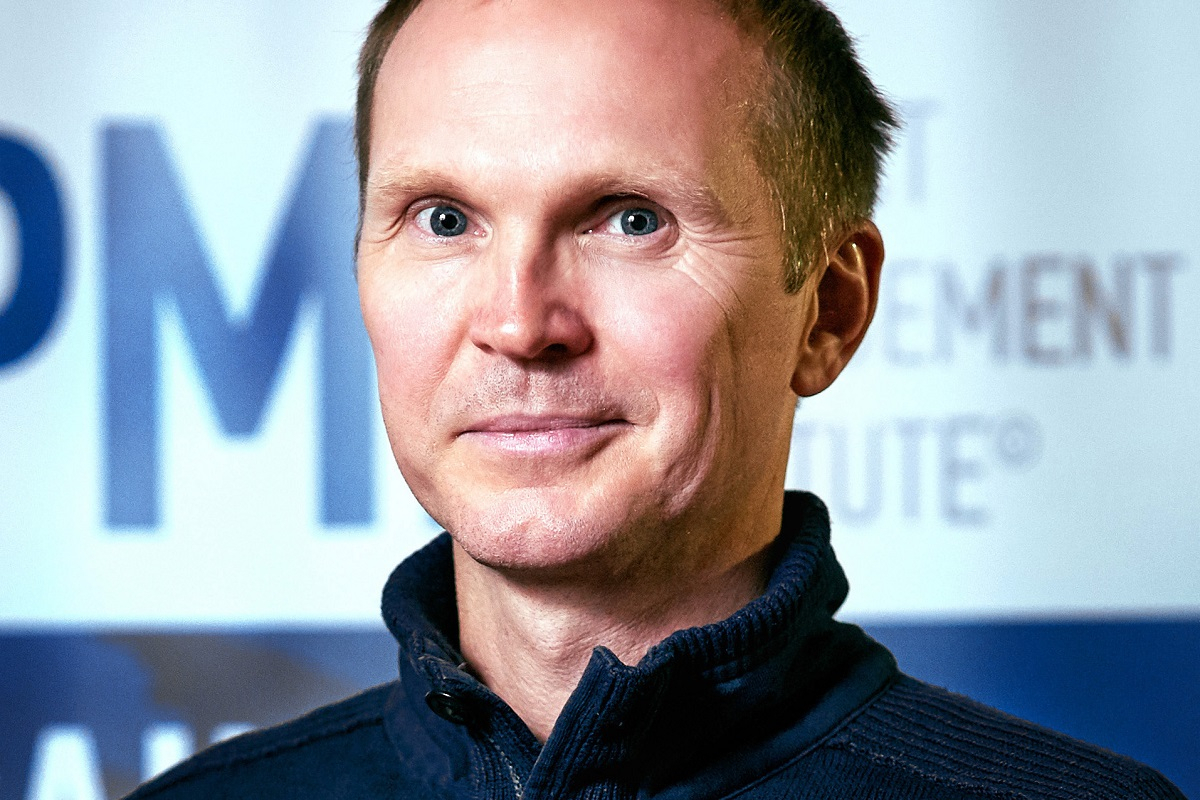Dmitry Baikov: "St Petersburg University is the pivot point of my life"

Dmitry Baikov received a MBA degree from the Graduate School of Management (GOSM) of St Petersburg University in 2002. Until 2004, he worked as a marketing director in IT company ‘Lanit - Tercom’. From 2004 to 2017 he went from development manager to CEO of the confectionery factory Lubimy Kray. At the moment he is the CEO of the factory Aztec.
Mr Baikov answered questions about his studies at St Petersburg University, shared his memories about his work with the University, and told about the high competence of the graduates.
What quality, skill or knowledge which you acquired at the university turned out to be the most useful? How does it help you in business?
I am a graduate of the first MBA programme of the GSOM. Two years of business training is what an MBA is. We had outstanding teachers – Nikolai Raskov, David Barkan, Sergei Starov, Nikolai Zenkevich and others. However, working together with fellow students I learned as much about business as from the legendary professors.
The most important thing that I learned there is to solve very difficult problems when together working in a team; where everyone has a strong personality and is a leader in their own way. Building such teams is my main approach to business, the key to success.
Are you familiar with the educational process of St Petersburg University today? What is your vision of collaboration with the university?
I have always shared my skills with others. So, I would want to share what I have learned with my alma-mater, the pivot point of my life. It is funny that first I was the teacher there and only then a student. My story of becoming a student of the university is a winding road. I received my first degree in the sphere of IT and in the late 1990s I worked in a very interesting company ‘Lanit - Tercom’. The CEO of the company, Andrei Terekhov, was my first business teacher. He was also the head of the department of system programming.
Another graduate of the Mathematics and Mechanics Faculty, Nikolai Kriulin, became the head of the newly founded department of information management. He offered me to give lectures on IT and marketing. At first, I didn’t want to commute to Vasilyevsky Island from Peterhof. Only later did I understand why I accepted the offer.
It was a wonderful time in the life of the Faculty of Management; the time when all the educational programmes were being developed; the time of distinguished students. Konstantin Krotov, who is now Head of the Graduate School of Management, was one of my students.
It was such a happy coincidence that in 2000 the first MBA programme was launched. If I had not been a teacher at the university, I would never have known about it.
So, when during our meeting at the Reunion Nikolay Kropachev invited me to take partin the educational process, I did not hesitate. Now, being the CEO of a fast-growing company I cannot work fulltime as a lecturer. However, I am always eager to give a master-class, help with educational programmes, or work with undergraduate students.
Are there any university graduates among your employees? How do you evaluate their performance and level of expertise?
Of course, there are plenty of them. They compare favourably with graduates from other universities, even the advanced ones. They stand out for their open-mindedness, and flexibility in finding solutions, which has its root in the University’s academic approach.
Also, having grown up in good families, they are more confident. They have high self-esteem and believe that their level of expertise will always help them find the most suitable and interesting position.
Do you think there must be representatives of future employers in the councils of academic programmes and state examination boards?
Business is useful for applied and social science as it gives them real and actual problems that many companies deal with. It allows to develop and implement programmes right away, before the cases become standardised and tailored for educational purposes.
As for graduates, they get the opportunity to enter businesses as real players, not as interns who are on the sidelines for ages.
Are you going to take part in one of the educational programme councils of St Petersburg University or become a member of the state examination board in the field ‘Economics and Management’? Is it interesting or useful for you?
Yes, as far as possible. In business we are always in a state of flux, and at times it is necessary to change perspective in order to look at yourself from a different angle, generalise your experience, and send a request, no, not to the Universe, but to the best university ever that will release a new generation of talented graduates in a couple of years. And a dream team of talented employees is the key secret of any sustainable business.

